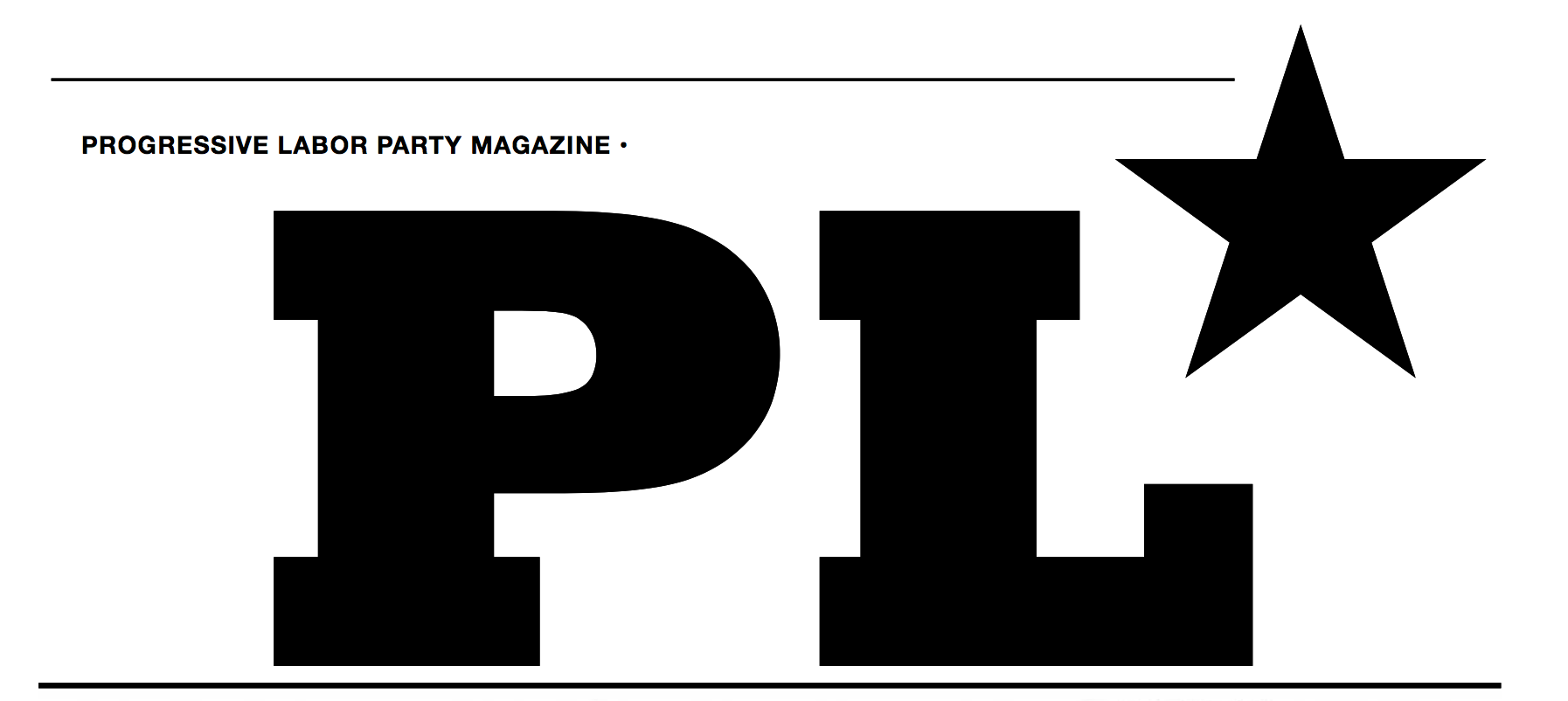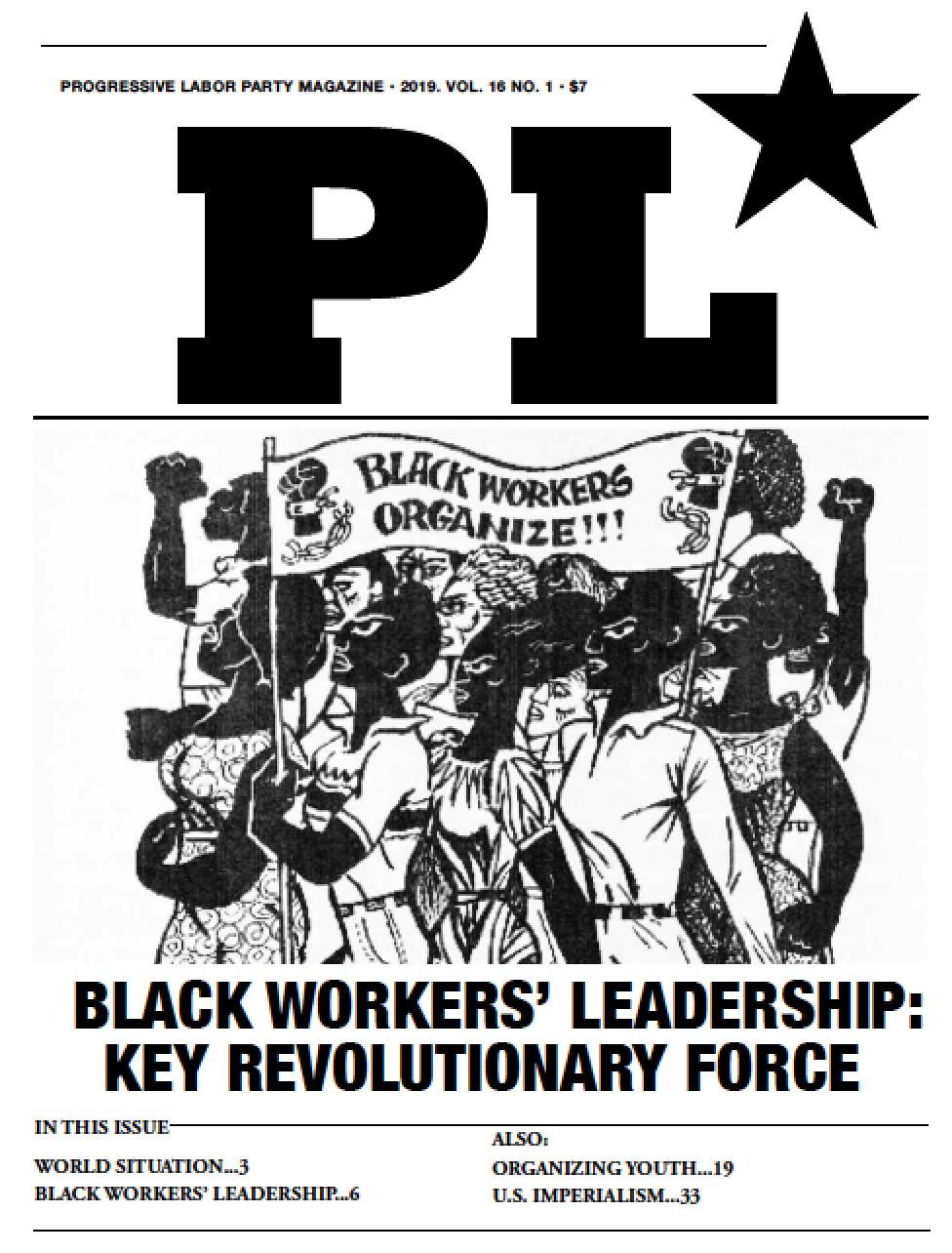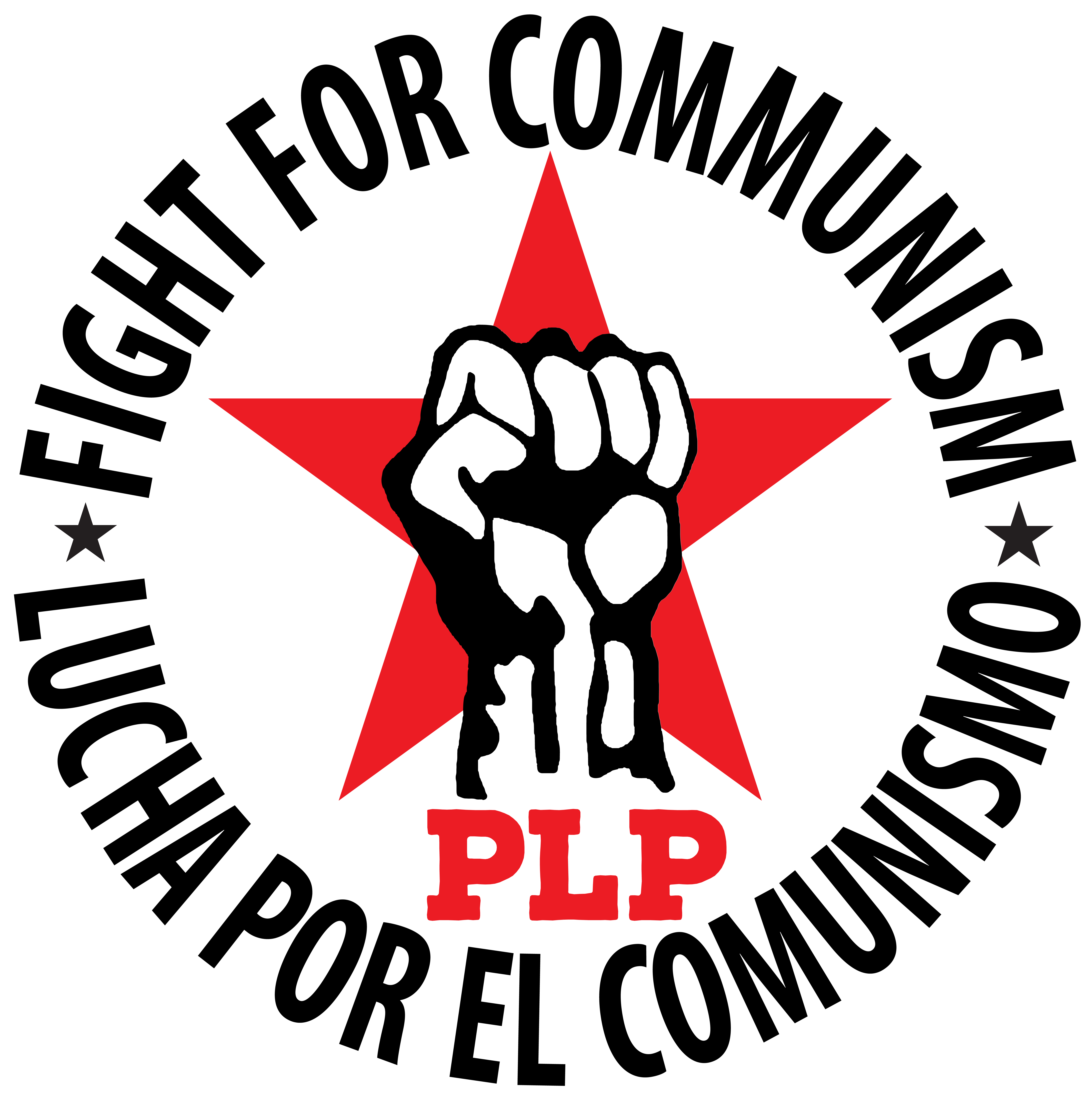Summer Project in the Streets: Protest Killer KKKops, Retrace Racist U.S. History
 Thursday, July 18, 2013 at 11:47PM
Thursday, July 18, 2013 at 11:47PM NEW YORK CITY, July 13 — “Justice for Shantel Davis! Justice for Kimani Gray!” That’s what you’d have heard if you passed by Brooklyn District Attorney (DA) Charles Hynes’ office this past week as Progressive Labor Party completed another successful NY Summer Project, an event filled with activism, learning and relaxation the communist way.
For three consecutive days, PL’ers and friends rallied to demand the indictment of the racist kkkops who killed two youths, Shantel Davis and Kimani Gray. It’s been over a year since Shantel was murdered by Detective Phillip Atkins and four months since plain-clothes NYPD cops gunned down Kimani Gray.
DA Hynes has allowed these racist killer cops to walk free. By doing so, Hynes has basically told black workers to suck it up and get over it. But we won’t follow the scenario they’ve laid out for us. PLP has worked alongside the bereaved families and will continue the struggle.
While an indictment might be a winning battle — although, of course, that wouldn’t guarantee a conviction — there’s another struggle that must be carried out as well. At the rallies, PL’ers stressed the need to destroy this capitalist system through communist revolution. Since capitalism cannot exist without racism, it is the backdrop of these grisly racist murders. Eliminating it will prevent them from happening ever again. Capitalism reaps billions in profits from racist pay differentials and uses black unemployment as a threat to white workers’ jobs.
Another part of the Summer Project was a guided walking tour of Brooklyn, checking out several stops on the abolitionists’ Underground Railroad, the route by which slaves escaped the Southern plantations. The city has targeted two stops for destruction on behalf of real estate developers, wiping them out as historical landmarks. Slavery is a brutal part of U.S. history; it’s no wonder the rulers want to obliterate the sites.
One notable stop was Plymouth Church in the Brooklyn Heights neighborhood. Its first pastor, Henry Ward Beecher, was a major figure in the abolitionist movement. The Church — adjacent to shipping docks — was a key stop in enabling slaves to escape to Canada. An important lesson to learn from the abolitionist movement was its willingness to break the bosses’ laws in order to do what was right. Under capitalism, many atrocities are carried out legally against the working class. Resistance from slaves and the abolitionists who aided them played a crucial role in eliminating slavery.
There were some disagreements between PL’s ideas and the guide conducting the tour. The latter said that the stained glass windows in the Church sanctuary depicted important moments in history, rather than biblical events. Images included the invention of the printing press; Lincoln presenting the Emancipation Proclamation; Beecher taking a trip to England to campaign against its involvement in the Civil War, and so on.
When asked why there were no depictions of black fighters, the guide said that after the Civil War, the whole country entered a state of amnesia. Furthermore, some white church-goers were not comfortable with black workers, saying there’s “a church down the street just for them.” As a result congregations were segregated. This clashed with the anti-racist stance the Church had taken before the war.
The tour guide also mentioned an instance when Beecher stomped on John Brown’s chains. John Brown was a white abolitionist who organized a raid on a federal armory at Harper’s Ferry, West Virginia. While federal troops crushed it and executed Brown and his comrades, the raid was one of the crucial elements in provoking the Civil War. Brown believed only violent resistance could overthrow slavery.
When asked why Beecher would stomp on Brown’s chains, the tour guide stated that Beecher saw himself in the middle ground in the fight against slavery. He felt John Brown was too radical. But we know Brown was right. It took hundreds of slave revolts and a Civil War to finally end slavery in the U.S.
However, in an attempt to continue it in another form, the rulers in the southern states passed the Black Codes in 1865 and 1866, severely limiting the rights of the newly freed slaves. Then in 1866, the U.S. Congress passed the Reconstruction Acts, placing the southern states under military rule, effectively eliminating the Black Codes. But after the 1877 Tilden-Hayes Compromise, the troops were pulled out and the ruling class in the South passed Jim Crow laws to enforce second class citizenship for black people, which became another form of slavery. These laws became the main target of a future struggle — the Civil Rights Movement of the 1960s.
Later in the Summer Project, PL’ers and friends watched “The Black Power Mixtape 1967-1975,” a collection of recently discovered footage showing the later stage of the Civil Rights Movement as seen by a group of Swedish news reporters. The newer generation was not as patient with non-violent protest against segregation and racist police attacks.
In 1964, the first great black rebellion had occurred, in Harlem, after a NYC cop murdered a black teenager. Black residents marched through the streets, battling the cops. The then young Progressive Labor Movement (PLM), forerunner of the PLP, was very active in that protest. Its newspaper CHALLENGE became the flag of marching rebels. The rulers falsely accused CHALLENGE of fomenting the rebellion.
Other rebellions followed, in Newark, NJ, Detroit, Los Angeles and elsewhere. President Lyndon Johnson was forced to divert deployment of the 82nd Airborne Division from Vietnam to Detroit to put down that uprising.
The Swedish film documented the 1968 Martin Luther King assassination, with urban rebellions erupting nationwide. The police and the National Guard were mobilized to quell them. The U.S. government enacted several Civil Rights Acts in response. Yet the Black Panther Party (BPP) then rose in popularity, standing for armed self-defense and black nationalism which meant black workers must become capitalists in order to be liberated.
Some Panthers posed a danger to the ruling class in that they stressed that racist capitalism was the real problem for black workers and youth. The Panthers provided free medical care, free breakfasts and schooling and other social welfare programs in black neighborhoods. While the BPP saw the need to include women inside the organization, they routinely relegated them to roles submissive to their male leaders. This led to extreme sexism within the organization that the bosses eventually used to destroy it.
In 2010, Bobby Seale, a founding member of the BPP, stated its objective was to gain “community control and community input into the political institutions that affect our lives.” But the bosses will never allow these institutions, such as the courts and police, to be placed under “community control.” Their purpose is to protect the ruling class and control the working class.
The movie’s final section focused on government introduction of drugs to black war veterans and black communities to try to deter any effective resistance. The havoc they created can still be felt today. It indicates how far the ruling class will go to protect its system of exploitation. The movie’s overall message was aimed at attacking the use of violence in the process of struggle. At our study group, we talked about whether the movie was correct. No one agreed and said without black workers’ rebellions, schools across the U.S. would have never instituted free lunch programs and more.
The Summer Project ended with a trip to the beach. Building friendly ties among comrades is an important aspect of building for a communist revolution. The Summer Project may be over, but our fight continues. We hope to see you next year!





 Progressive Labor Party (PLP) fights to destroy capitalism and the dictatorship of the capitalist class. We organize workers, soldiers and youth into a revolutionary movement for communism.
Progressive Labor Party (PLP) fights to destroy capitalism and the dictatorship of the capitalist class. We organize workers, soldiers and youth into a revolutionary movement for communism.




Reader Comments